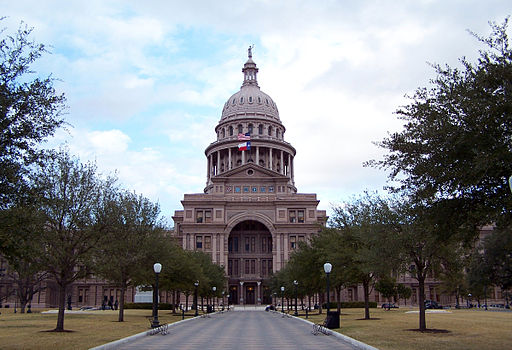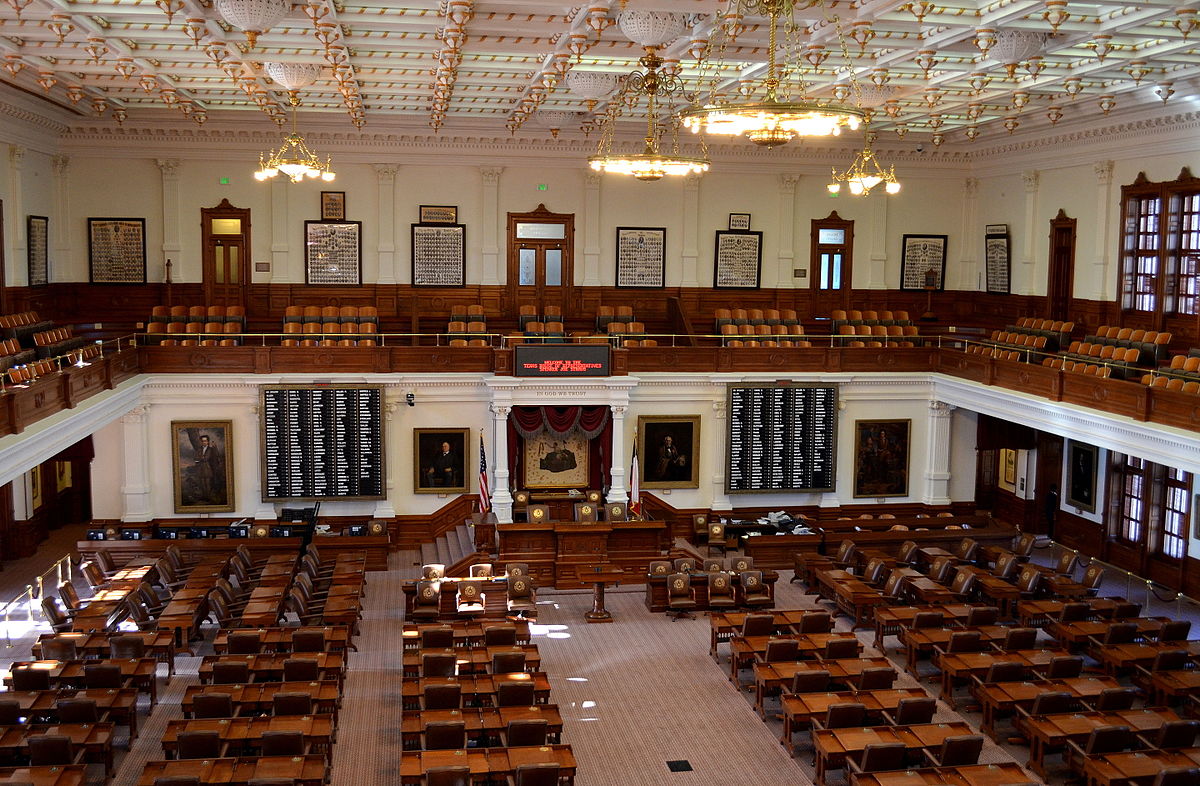Tag: Texas state legislature
-
Texas Gov. Abbott (R) signs bill to allow early voting on weekends and up to Election Day

On June 22, Texas Gov. Greg Abbott signed SB 2753 into law. The bill moves the start of early voting later, but extends early voting to weekends and the four days leading up to Election Day. The new law requires early voting to begin on the 12th day before Election Day and end on the…
-
Texas Legislature refers 17 constitutional amendments for Nov. 2025 ballot—the highest number for a single election date since 2003

The 89th Regular Session of the Texas State Legislature adjourned on June 2. During the 140-day session, legislators referred 17 constitutional amendments to the Nov. 4, 2025, ballot—the highest number for a single election date in more than two decades. As Republicans hold majorities in both chambers but lack the two-thirds required to refer constitutional…
-
Texas Democrats join Republicans to place citizen voting requirement on statewide ballots in 2025 after blocking the amendment in 2023

Fifteen House Democrats joined the Republican majority in voting to send a constitutional amendment to voters on Nov. 4 that would add noncitizens to the list of persons not allowed to vote in the state after the same resolution was defeated during the state’s last legislative session in 2023. The list in Section 1, Article…
-
Texas voters will decide on amendments related to noncitizen voting, death taxes, a state institute for dementia prevention and research, and property tax exemption for animal feed in November

The Texas State Legislature took the final votes needed to send four constitutional amendments to the Nov. 4 ballot this week. Texas will be the 15th state to decide on a constitutional amendment prohibiting noncitizens from voting in state elections. From 2018 to 2024, voters approved 14 ballot measures related to citizenship voting requirements. In…
-
Texans to decide on amendment to prohibit noncitizens from voting in 2025 ahead of three other states deciding on the issue in 2026

The Texas State Legislature voted to send a constitutional amendment to voters that would add language to the state constitution prohibiting noncitizens from voting. Currently, Texas has a statutory citizenship requirement to vote. Adding this requirement to the state constitution effectively raises the threshold for any changes to the policy from a simple majority of…
-
Texas voters will decide on an amendment to ban taxes on securities transfers and certain financial transactions in November

The Texas State Legislature has voted to send the first constitutional amendment to voters for Nov. 4, 2025. House Joint Resolution 4 (HJR 4) would amend the Texas Constitution to prohibit the state legislature from enacting an occupation tax on registered securities market operators or a tax on securities transactions. A registered securities market operator…
-
Texas Legislature passes state DOGE and judicial nondeference bill

On April 14, 2025, the Texas Legislature approved Senate Bill 14 and sent it to the governor’s office. SB 14 was designed to create a new department tasked with promoting efficiency in the Texas state government and prohibit judicial deference to state agencies. If signed into law, the bill would establish a Texas Regulatory Efficiency…
-
Fifty-nine Republican primaries are taking place in the Texas House of Representatives this year

There are 59 Republican primaries for Texas House of Representatives on March 5, 2024, 45 of which have an incumbent on the ballot. Texas’ 2024 legislative elections feature more contested primaries than any other year since at least 2012. The 2024 elections are taking place in the context of two votes in 2023 that divided…
-
Texas voters will decide on a second homestead tax exemption increase in two years in November

On July 13, the Texas State Legislature finalized a constitutional amendment and adopted implementing legislation designed to lower property taxes before adjourning its second special legislative session of the year. The amendment, which voters will decide on in Nov., would: increase the homestead tax exemption from $40,000 to $100,000; authorize the state legislature to limit…
-
Texas has enacted the most election-related legislation so far this year

As of June 15, legislators across the country have enacted 208 election-related bills this year, 42 more than the 166 bills states had enacted at this point in 2022. Texas has enacted the most bills this year, with 20, surpassing Tennessee, which has enacted 17. In 2022, Tennessee enacted the most bills at this point…

